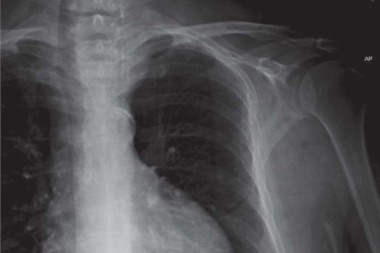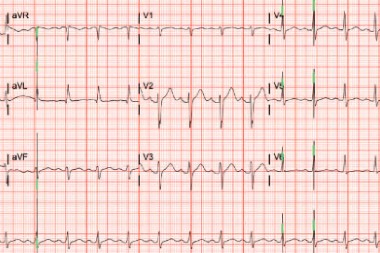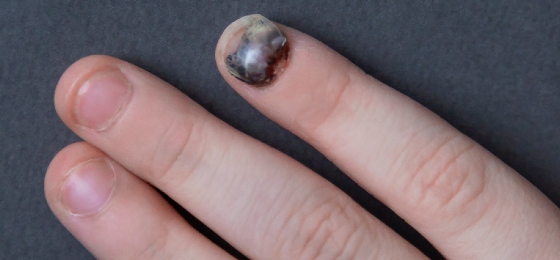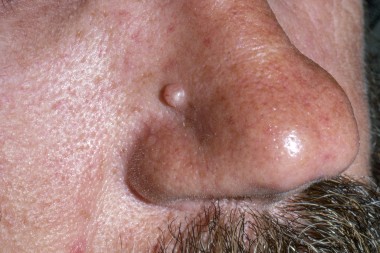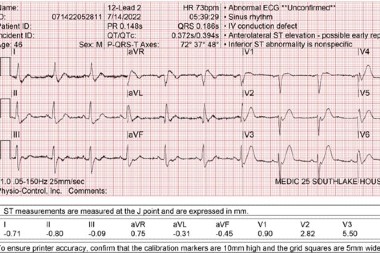Joshua Russell, MD, MSc, FCUCM, FACEP Who among us has worked a single urgent care (UC) shift without at least one patient making a humble request for a sick note to take back to work? “Can I have a work note?” It’s a simple ask. In fact, apart from medication refills, work note visits rank among the most welcomed presentations for many overworked clinicians, offering a much-needed mental reprieve and a chance to finally catch up …
Read More

